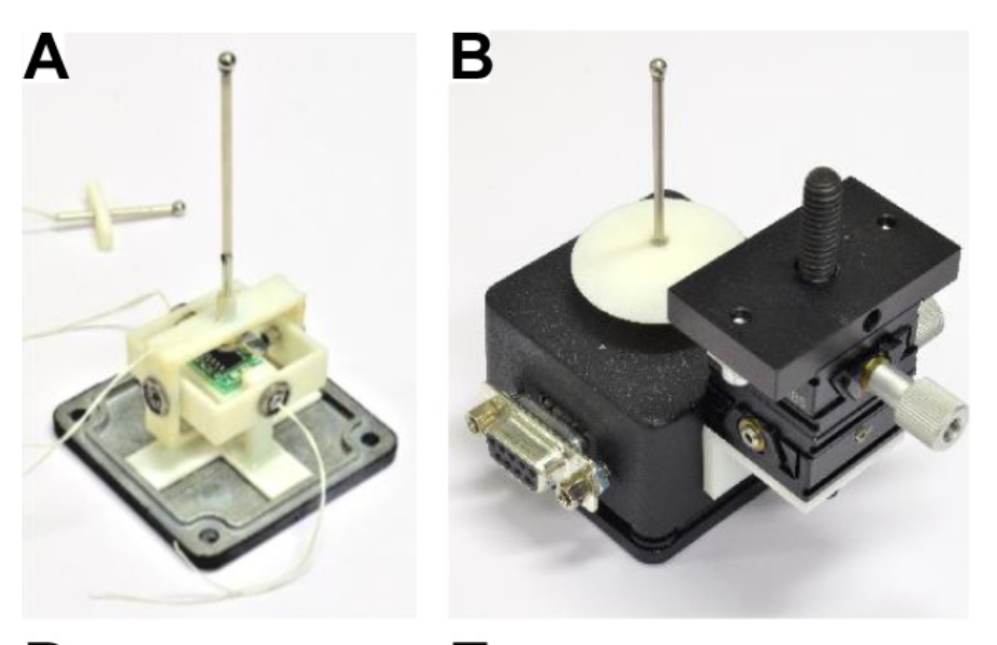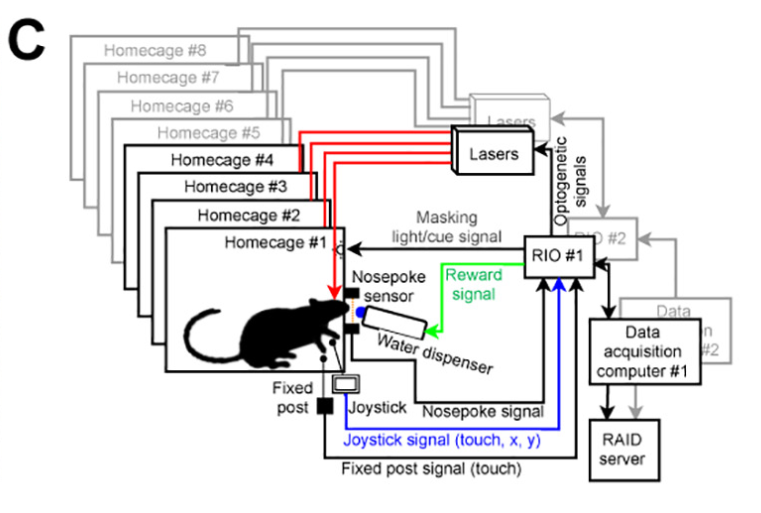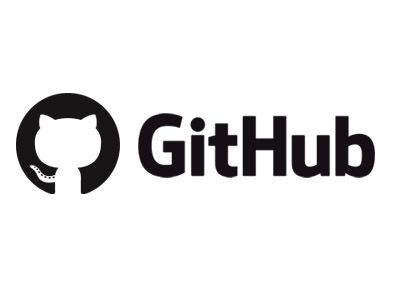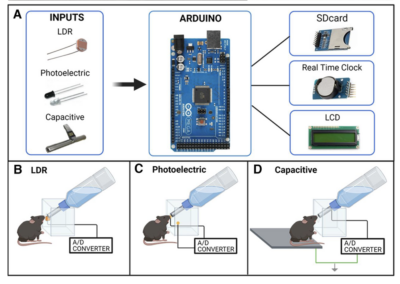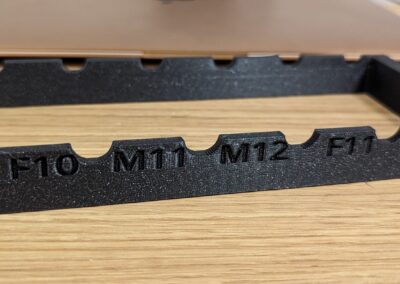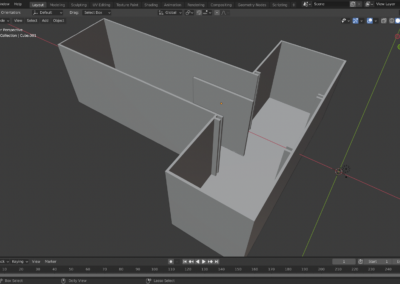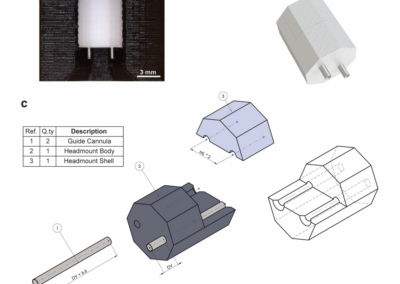RodentJoystick
The distributed nature of the mammalian motor system makes it difficult to understand the neural mechanisms of movement. A behavioral paradigm designed by Tejapratap Bollu and his colleagues can be applied to measure these circuits. Bollu and his colleagues developed touch- sensing joysticks to quantify mouse forelimb trajectories with micron-millisecond spatiotemporal resolution, which resolves mouse forelimb kinematics and further allows extraction of primitives. In Bollu’s design, the novel joystick increases spatial precision, and reduces displacement force. The joystick is then integrated into an automated home cage system to train the mice in a center- out reach task. This computerized system presents a platform for testing how genetically tractable neural circuits in mice maintain positional stability and direct the limb to spatial targets. This project features a single-board real-time input/output (SBRIO) system. The SBRIO had both a field-programmable gate array FPGA and a real-time RT processor on the same board. The FPGA is programmed in LabVIEW, which is linked at the bottom of the page. In addition, MATLAB was used to perform statistical analysis. This project offers several advantages for the study of mouse forelimb control. First, the automated home cage training will allow high-throughput experiments. Second, the system operates in closed loop and is easy to use for optogenetic experiments. Third, the joystick’s relatively low compliance makes holding-still a difficult, yet achievable task that helps with studying neural mechanisms of postural stability. As a final feature, the joystick provides enhanced spatial precision, resolving submillimeter details in movement, thus allowing kinematic primitives to be segmented into complex trajectories.
This research tool was created by your colleagues. Please acknowledge the Principal Investigator, cite the article in which the tool was described, and include an RRID in the Materials and Methods of your future publications. RRID: SCR_023482
Special thanks to Honeyeh Younesie, an undergraduate neuroscience major, for providing this project summary! This summary is part of a collection from students in a Computational Methods for Neuroscience course at American University.
Access RodentJoystick on GitHub
Check out the GitHub repository.
Check out projects similar to this!

